May 19, 2024 | 17:37 GMT +7
May 19, 2024 | 17:37 GMT +7
Hotline: 0913.378.918
May 19, 2024 | 17:37 GMT +7
Hotline: 0913.378.918
There has been a reality that people can’t differentiate ecoagriculture and organic agriculture since these two formats maximize inputs and use zero chemical fertilizers and pesticides.
As a matter of fact, many discussions have broken out in the agroproduction community, saying “ecoagriculture is a higher tier of organic agriculture” or the opposite, and “why not choose ecological agriculture but organic agriculture instead”.
But to Ms. Tu Thi Tuyet Nhung, Organic Agriculture Expert, Standing member of Vietnam Organic Agriculture Association (VOAA), it’s not really the case.

“Organic agriculture is a type of agroproduction within the general concept of ecoagriculture.”
Ecoagriculture has many production formats of different levels, but they all have this common rule of “the law of ecology”: sustain biodiversity, operate the production system based on it, and help ecoagriculture create a connection between production and the market, bringing farmers closer to consumers.
“One thing to note is that ecoagriculture, as well as organic agriculture, attaches great importance to not only ecological issues but also human rights. So it is not about choosing ecoagriculture or organic agriculture,” said Ms. Nhung.
Many people say that they choose organic agriculture because the standards are more detailed than those of ecoagriculture. The reason is that ecoagriculture has common rules but lacks clear standards while organic agriculture standards are specific and direct in terms of mechanisms, regulations and laws.
People can therefore have a better grasp of the situation, leading to the fact that when it comes to exportation, the world accepts certified organic agriculture with certain standards allowed by the import market. They acknowledge it (organic agriculture) as the more understandable foundation, unlike ecoagriculture.
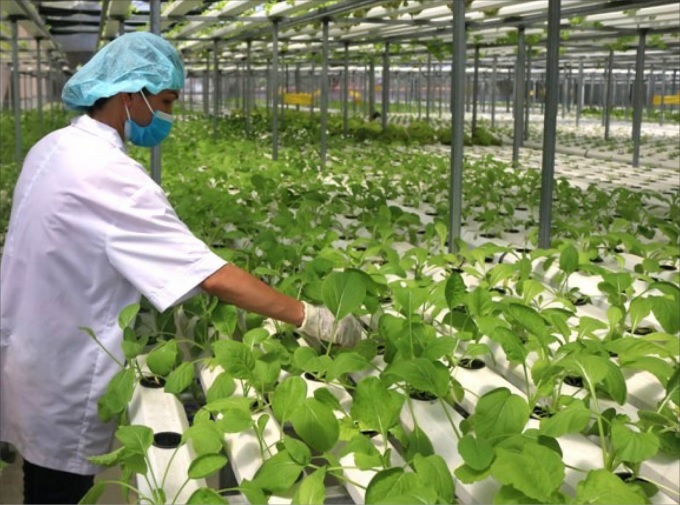
Farmers in the past used to think that the only thing needed to change were inputs - just switched from chemical fertilizers to organic fertilizers and they would attain “organic”. That’s not quite correct.
There are still arguments about whether organic agriculture is not ecoagriculture, or ecoagriculture is a higher tier than organic agriculture. Ms. Nhung believes that depending on specific local conditions, regional culture, and indigenous color, the overall point is to follow the law of ecology and bring farmers closer to consumers in order to guarantee the livelihoods of the locality and people living there.
“Organic agroproduction must abide by the ten elements as they are the foundation for the construction of specific standards and farming instructions. There exists no procedure that is brought from one place to be forced to apply in another, particularly in agriculture when it depends on conditions such as climate type, regional location, and cultural identity of different ethnic groups. It is not a fixed procedure in an industrial factory. I usually say this: Organic agroproduction must stay true to its “principles” and “standards” to instruct farmers to follow.”
Regarding the “standards”, one thing to note is that farmers have gradually gained more access to general information and changed for the better.
Farmers in the past used to think that the only thing needed to change were inputs - just switched from chemical fertilizers to organic fertilizers and they would attain “organic”. That’s not quite correct. Apart from qualified production inputs in the permitted list, farmers must guarantee that they cause no harm to the environment as we have already mentioned, also the ecology such as soil, water, ecosystem, and preserve biodiversity. They must respect the plants, the flowers, and humans (consumers).
The four rules of organic agriculture are therefore very inclusive. They are the rules of health, ecology, carefulness, and consideration for future generations. The problem here is that one must be very cautious when choosing to apply technological advances in organic agriculture despite there being many good technical advances at present.
“Let’s take gene modification for example. Saying it is not good doesn’t mean it's bad because it’s indeed a high-tech advance that has saved countless lives. But we have yet to evaluate its hidden risks. Although tt’s good for organic agroproduction, without a full grasp of potential risks, it will remain excluded from the usable methods. That is something we must take full caution in order to protect the future generation.”
Ecoagriculture is flexible when it comes to options concerning nature. It therefore can provide appropriate measures in specific situations and resolve issues in localities and regions.
Ecoagriculture in Vietnam has made great progress in recent years with different kinds of practice methods normally referred to as “technical advances”, such as the agroforestry model, integrated pest management (IPM), improved rice intensification system, and organic cultivation.
Translated by Samuel Pham
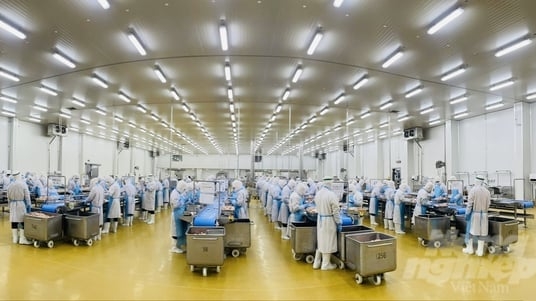
(VAN) The Ministry of Agriculture and Rural Development, in coordination with Tay Ninh Provincial People's Committee, organized a conference on May 18 to promote the export of animals and animal products.
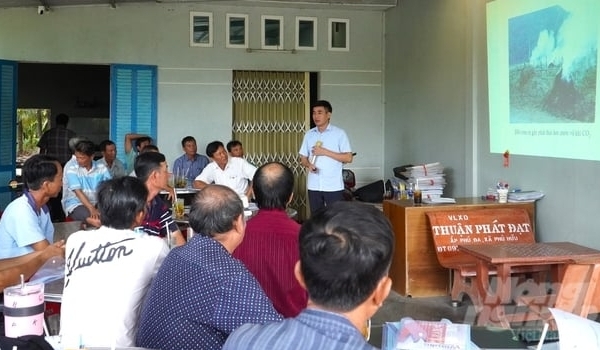
(VAN) From May 17-23, the National Agricultural Extension Center (NAEC) conducts training classes on the advanced rice farming process at 5 localities piloting for the 1 million ha of high-quality rice scheme.
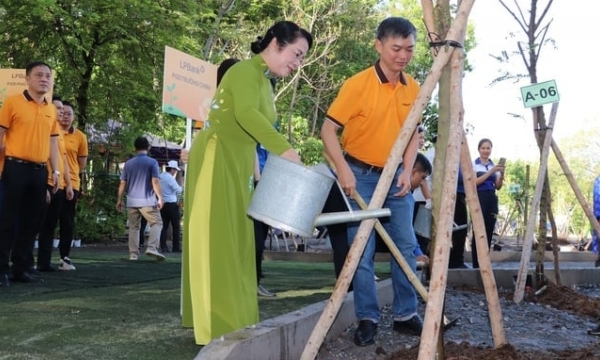
(VAN) Planting and expanding green spaces is a crucial effort to mitigate and adapt to the impacts of climate change, thereby creating a clean and livable environment.
/2024/05/17/5720-1-134847_782.jpg)
(VAN) EcoTraceTech - System for measuring CO2 and CH4 emissions from rice plants is the startup idea of a group of Can Tho University students.
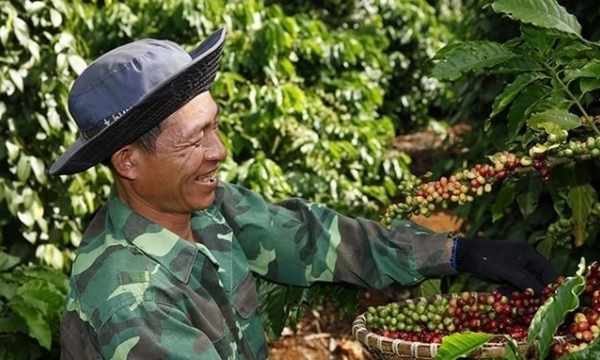
(VAN) The NESCAFÉ Plan by Nestlé Vietnam in the Central Highlands together with MARD aims to support coffee farmers in regenerative agriculture.
/2024/05/16/4437-1-223910_491.jpg)
(VAN) The Community Food Garden model is one of the outstanding activities and models of green transformation in the world as well as in Vietnam.
/2024/05/16/2455-1-111202_165.jpg)
(VAN) Artemia eggs originating in Vinh Chau (Bac Lieu) are assessed by customers to have the best quality in the world; however, domestic production output only accounts for 1%.